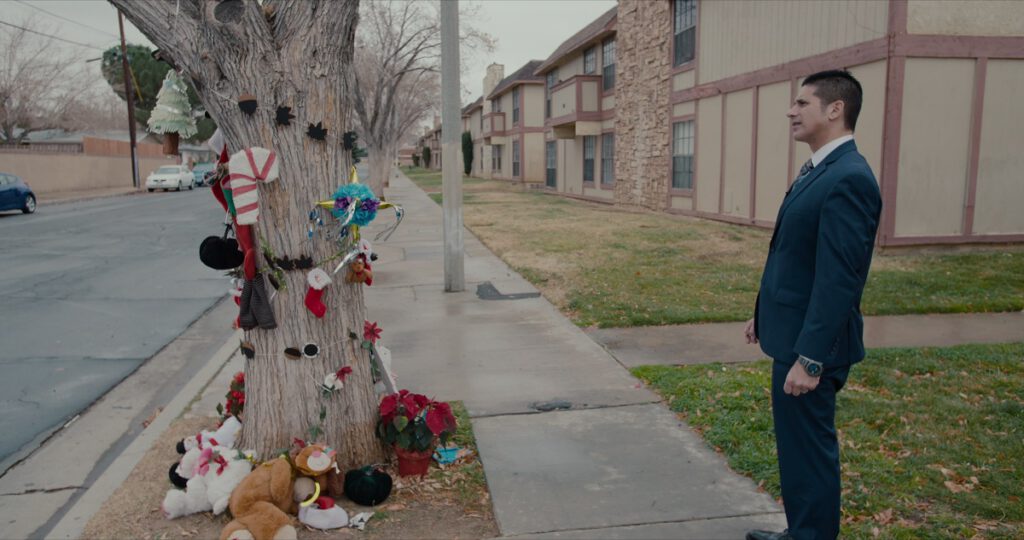Netflix’s new true crime six-part series “The Trials of Gabriel Fernandez” is one of the toughest things I’ve ever watched. It details graphically the horrendous abuse and death of a child by his mother and stepfather in ways that will make you sick to your stomach. These monsters made every day of an eight-year-old boy’s life hell. They kept him locked in a cabinet, fed him kitty litter, and put out cigarettes on his head. And that’s really just the start. And what turned the case of Gabriel Fernandez into an international story is that the L.A. Prosecutors went after the people who let this kid slip through the cracks of the system. At its best, “The Trials of Gabriel Fernandez” paints a picture of a completely broken system, one in which people designed to protect the innocent are not using the tools at their disposal to do so. For six hours of this grueling experience, you want to tell yourself that this is an isolated case, when the truth is that there are Gabriel Fernandezes all over the country—kids who reach out for help and never get it.
It was a May night in 2013 when Palmdale police responded to a 911 call of an unresponsive child. When he got to the hospital, Gabriel was clinging to life somehow, and the documentary opens with the clearly traumatized medical professionals and officers who were the first to truly document his injuries. As one says, it didn’t really seem possible that all of this could be on one child’s body. With scars and broken bones, the human body holds a record of abuse like nothing else can. Gabriel’s body told a horrible story.

Over six hours, director Brian Knappenberger (“Nobody Speak: Trials of the Free Press”) chronicles the search to find some form of justice for Gabriel. Of course, it starts with an aggressive trial against the people who committed this violence against the child, including trying to get his stepfather the death penalty. More than a mere TV special could possibly do, “The Trials of Gabriel Fernandez” digs deep into the case in ways that we rarely see in projects like this. It’s almost like the producers felt that leaving out any aspect of this story would be doing Gabriel a disservice. And so we hear a lot about decisions made by the prosecutors, hear from the witnesses who tried to get Gabriel help and where there the night he died, and even break down some of the final decisions with jurors. Of course, this is primarily a human-interest story, but it is also fascinating and informative as a procedural in terms of how high-profile cases like this unfold.
While the main thrust of “The Trials of Gabriel Fernandez” is on the case against his stepfather, the series eventually gets to one of the more interesting aspects of this true story in that Los Angeles also chose to prosecute four of the social workers who failed Gabriel. A Google search will tell you how that turned out, and the series does eventually seem to have some sympathy for some of these people who are caught up in a system that has gotten too unwieldy to be effective (although there’s one social worker for whom I would still have some serious questions and think bears some culpability.)
Trust me when I say that this is not your typical docu-series in terms of subject matter. If you have even the smallest trigger related to abuse, consider yourself warned (I had to take several long breaks). The truth is that when a story like Gabriel Fernandez’s hits the news, the most-asked question is typically “How could this happen?” How could the teachers, neighbors, and others who called authorities not be heard in time to save him? I think Knappenberger wants us to bear witness, in all its horror, to Fernandez’s story to make us start asking a different question—“How do we make sure this never happens again?”
Whole series screened for review.












